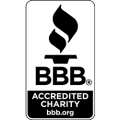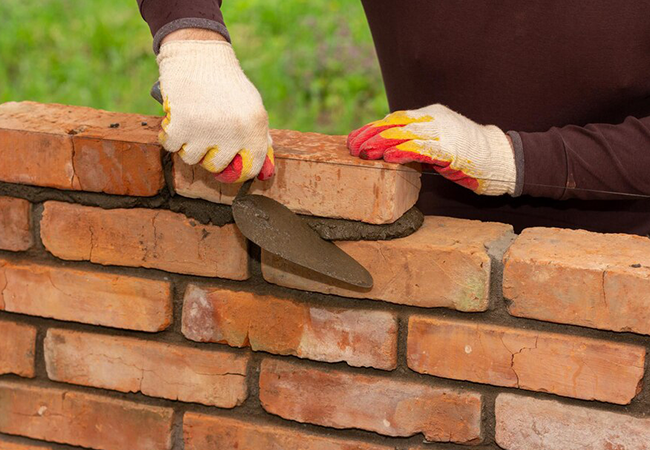Brick Repointing NYC
Professional brick repointing in NYC, serving Manhattan, Queens, Westchester, and Brooklyn with expert mortar restoration for residential and commercial properties.

Professional brick repointing in NYC, serving Manhattan, Queens, Westchester, and Brooklyn with expert mortar restoration for residential and commercial properties.

Sardar Restoration Corp is one of the most reliable names in NYC for expert brick repointing services. With years of hands-on experience in residential and commercial masonry, we specialize in restoring damaged mortar joints to extend the life of your brickwork. Our team uses high-quality materials and modern tools to remove crumbling mortar and replace it with fresh, long-lasting mixes that improve both structural strength and visual appeal. Whether it’s an aging exterior, cracked joints, or water-damaged surfaces, we ensure every repair is completed with precision and durability in mind.
Our services comply fully with Local Law 11 and other NYC building codes, giving property owners peace of mind with every project. We handle everything from small touch-ups to full-scale mortar replacement, always keeping your timeline and budget in focus. Sardar Restoration Corp is committed to delivering dependable, clean, and visually consistent results. When you choose us, you're investing in craftsmanship that protects your property and adds long-term value.






Uncover the core benefits of brick repointing and how Sardar Restoration Corp. supports the long-term value of your residential and commercial property in NYC.
We inspect your mortar condition & select the ideal material for repointing.
Secondly, we delicately remove damaged mortar & apply fresh mortar with a reinforced finish.
Lastly, we protect your structure by applying secure coating & checking the quality of newly fitted mortar.
Their brick repointing contractor guided the process very easily and gave us a free inspection before work. We had a great experience with team Sardar Restoration Corp. Satisfied with the results!
I was not expecting the outcomes to be this good. The staff was so professional and made our brick wall more beautiful & stronger than ever. Good Job!
Sardar Restoration Corp. perfectly did repointing on our hallway. Thanks to the team for flawlessly matching our existing mortar in a budget. Highly recommended!

Sardar Restoration Corp delivers expert brick repointing services in NYC, helping restore the strength and appearance of aging mortar joints. Our NYC repointing contractors replace deteriorated mortar with fresh, high-quality materials that improve structural durability and prevent moisture damage. Every project is handled with precision, on-time delivery, and a clear focus on customer satisfaction.
Browse our gallery to explore the outstanding projects we’ve successfully completed, highlighting our expertise.
Yes! Sardar Restoration Corp. matches the colors, textures, and compositions of new mortar with your existing mortar for flawless integration & finish look.
By noticing the following signs you can get to know if your bricks need repointing:
Yes! Sardar Restoration Corp. masterfully eliminates old weakened mortar to the ideal depth and applies new mortar for a lasting and strong brick restoration.
Yes! Sardar Restoration Corp. provides free estimations and free inspections to give you complete transparency on your project.
Yes! Our brick repointing contractor in NYC is available 24/7 and offers you emergency brick repointing services efficiently & promptly in NYC.
Yes! Sardar Restoration Corp. offers brick repointing services in NYC for both residential & commercial properties.
You can reach us through the following contact details:
📍 Google Maps: Find Us Here
📞 Phone: (+1) 917-355-8556
📧 Email: sardarrestoration@gmail.com